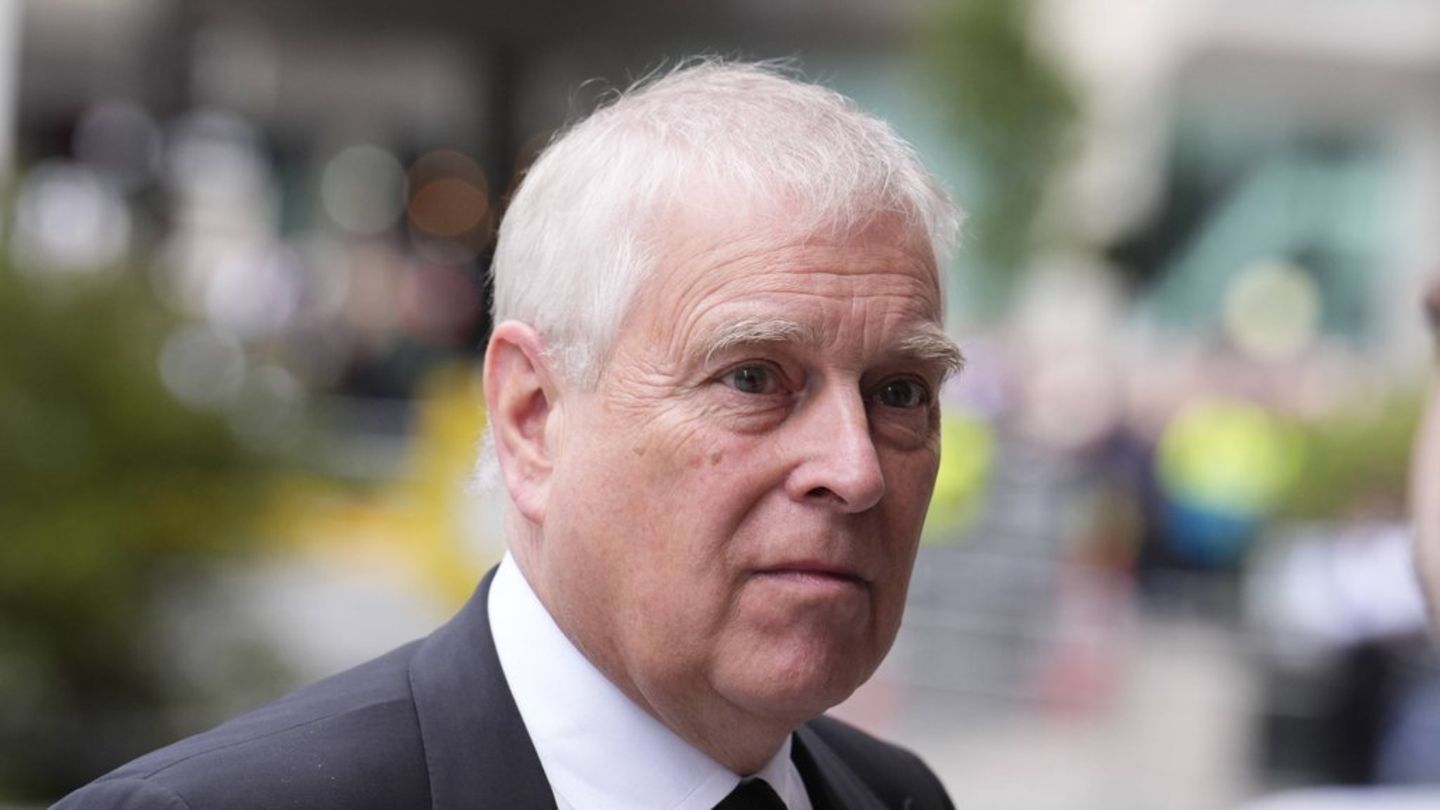What happens to the old electric car batteries? With recycling, valuable raw materials can be reused. At Mercedes, this is now happening in a new factory in Baden-Württemberg.
Mercedes-Benz has opened its first recycling factory for batteries from electric cars in Kuppenheim, Baden. In the factory south of Karlsruhe, recyclable materials will be recovered for more than 50,000 new battery modules annually, as the car manufacturer announced.
The factory combines two German passions: the car and recycling, said Chancellor Olaf Scholz (SPD), who previously visited the factory and had the processes explained to him during a tour with Mercedes-Benz boss Ola Källenius. What Mercedes is planning to do in Kuppenheim makes sense, said Scholz. According to the announcement, Källenius described the factory as a “milestone on the way to more sustainability in raw materials.”
How does battery recycling work?
With its concept, the factory covers all steps from shredding the battery modules to drying and processing the recyclable materials, said the Stuttgart car manufacturer. Mercedes expects a recovery rate of more than 96 percent.
In the mechanical process, plastics, copper, aluminum and iron would first be sorted. In the downstream process, the metals cobalt, nickel and lithium would then be extracted individually. Mercedes said these recyclates are of battery quality and are therefore suitable for the production of new battery cells.
With a view to the ramp-up of e-mobility, recycling is likely to become increasingly important in the next few years. The batteries can initially still be used in the so-called “second life”, for example as storage. Recycling could then later reduce Germany’s dependence on raw materials, especially on Asian countries.
Source: Stern




